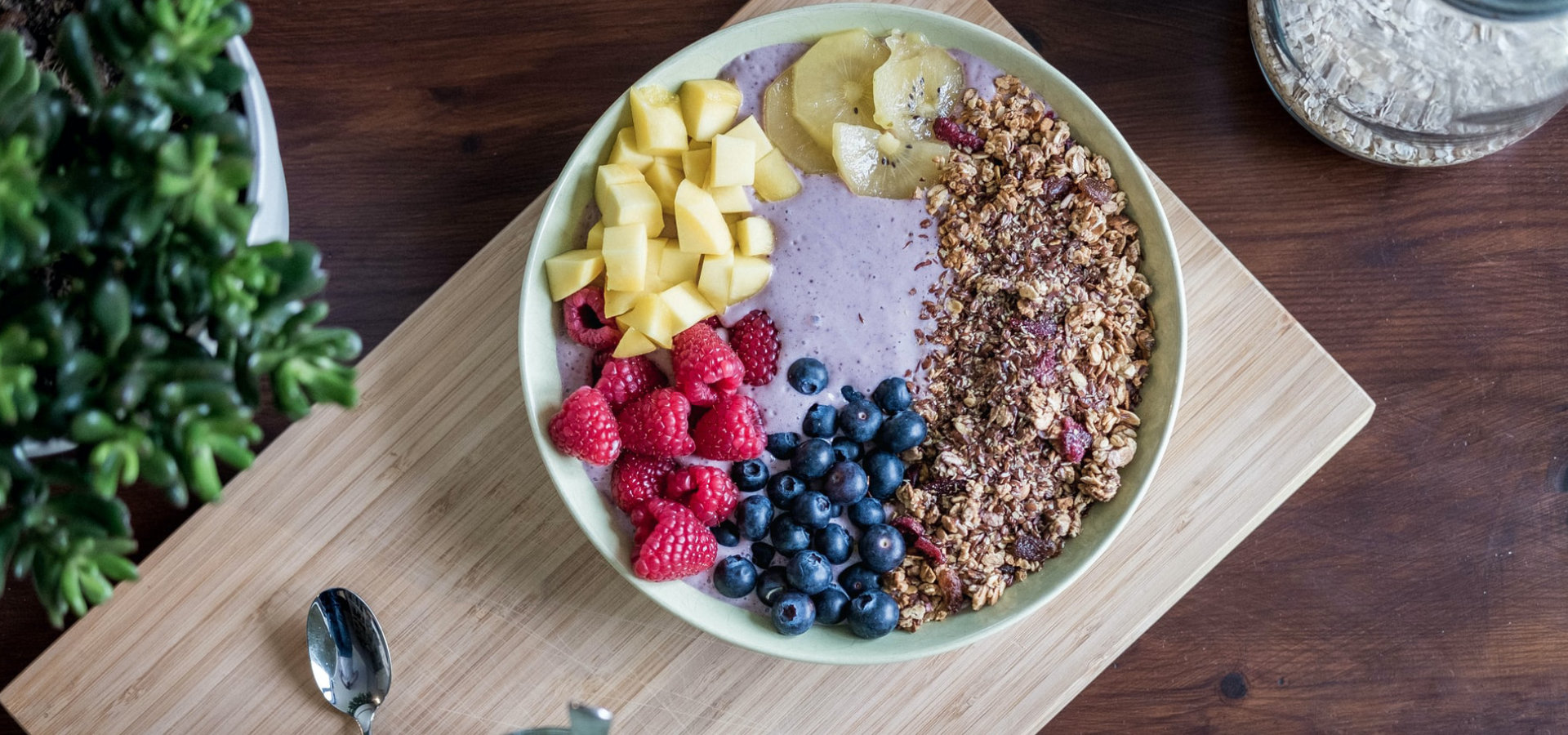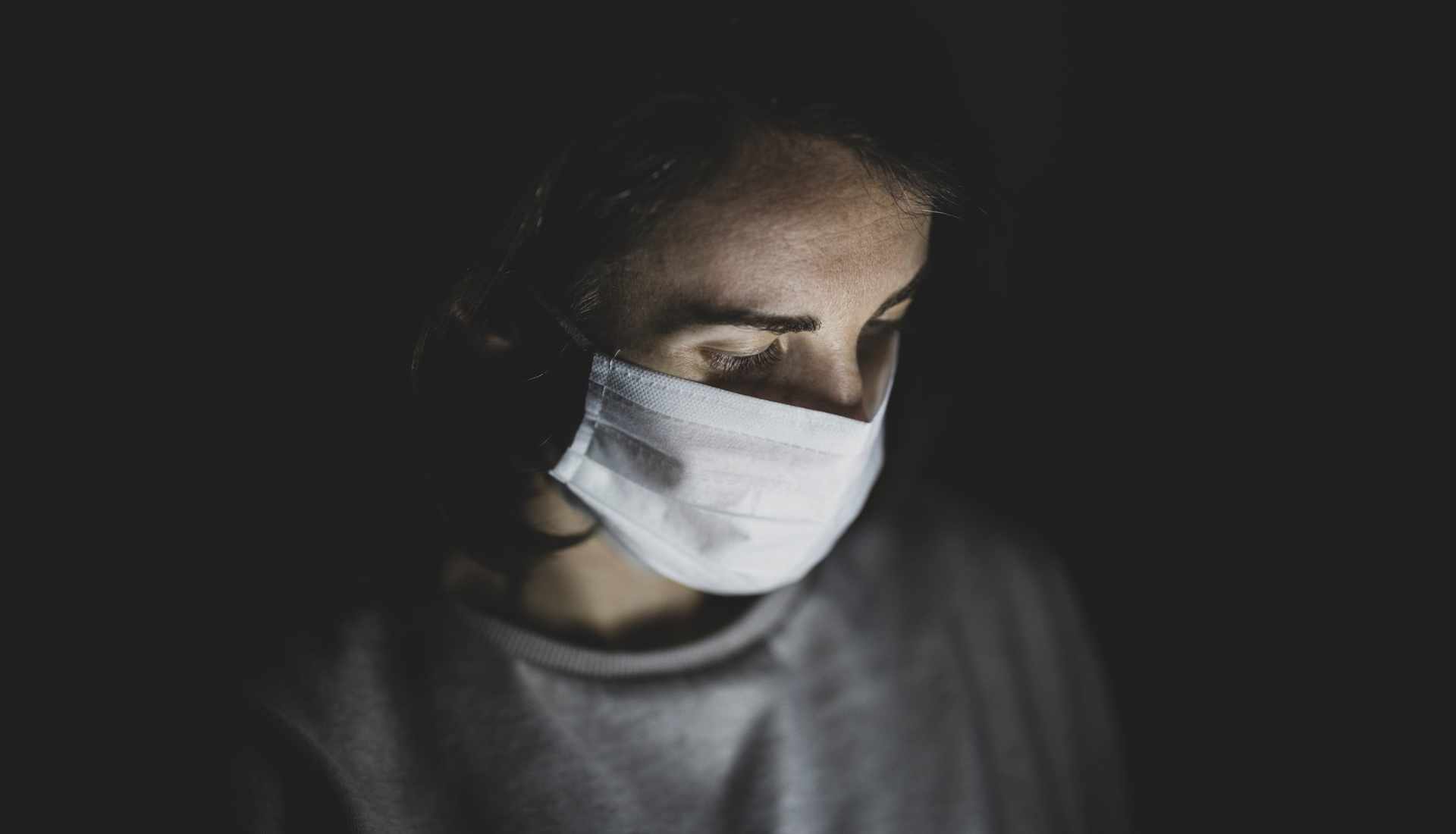The Instituto de Saúde Pública da Universidade do Porto (ISPUP), the National Institute of Health Doutor Ricardo Jorge (INSA) and the Faculdade de Ciências da Nutrição da Universidade do Porto (FCNAUP), are participating in a European project of knowledge transfer between Portugal, Denmark and France, in the area of risk and benefit assessment of food consumption.
Entitled “RiskBenefit4EU – Partnering to strengthen the risk-benefit assessment within EU using a holistic approach”, the project is co-financed by the European Food Safety Authority (EFSA), and is coordinated by INSA.
“This is a capacity-building project that essentially aims to train researchers from Portuguese institutions in the area of risk-benefit assessment of food consumption, which is a valuable tool for estimating the overall impact of food on health, in order to support food policies and contribute to improving human health,” says Duarte Torres, ISPUP researcher and professor at FCNAUP.
As part of the project, the Portuguese researchers received training from the Institut national de la recherche agronomique (INRA, France) and the Technical University of Denmark (DTU) in three areas, namely, “training on the key concepts of risk-benefit assessment; practical training, in which the methodologies and tools learned were applied to a specific case study; and short-term missions, to obtain advanced training in the area of risk-benefit assessment of foods”, he explains.
The Portuguese case study, developed to consolidate the knowledge acquired in the training, focused on cereal-based foods that are commonly consumed by children.
“Through previous studies, we knew that children under three years of age frequently consumed breakfast cereals (the well-known strelitas, chocapics, etc.) instead of infant cereals (namely porridge). Both products have different quality requirements. Breakfast cereals have more fibre, but also higher levels of mycotoxins than baby cereals. The latter, in turn, have lower levels of contamination, but less fibre. The question we had was: what is the overall effect on children’s health (risk vs. benefit) of replacing breakfast cereals with infant cereals,” says the researcher.
After applying the methodology learned, and taking into account the risks associated with mycotoxins and the effect of fibre on human health, the researchers concluded that there is no benefit in replacing breakfast cereals by infant cereals in the population analysed.
“It should be noted that this study did not primarily aim to solve a scientific question, but rather to apply the methodology learned to a case study, using real data, in this case, from the National Food and Physical Activity Survey (IAN-AF). From this data, we were then able to create different food consumption scenarios for risk-benefit assessment, taking as a reference scenario the consumption observed in the IAN-AF,” he adds.
The “RiskBenefit4EU” project intends to be an opportunity to train Portuguese researchers to evaluate the risk-benefit of food consumption, and may be applied in the future to teams of other nationalities.
It should be noted that the method learned in the project is already being used to support decision-making regarding fish consumption recommendations, which is a classic example of risk-benefit assessment.
The scientific report of the project, where the applied training strategy is presented, and the “RiskBenefit4EU” website are available for consultation.



